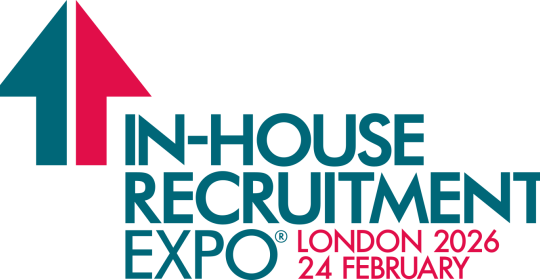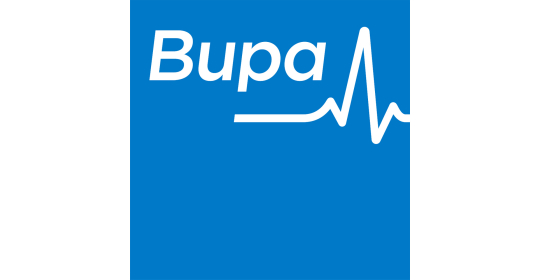Washington, D.C. June 1, 2005. URAC, the independent, nonprofit organisation in promoting health care quality through its accreditation and certification programs, today announced the release of its second generation of Health Web Site Standards for public review and comment. URACís Health Web Site Accreditation is the only web site accrediting program of its kind in the world. Since its launch in 2001, URAC has given its seal of approval to some 50 accredited health web sites and 300 portals including WebMD, A.D.A.M., Healthwise, National Institutes of Health, National Library of Medicine, KidsHealth and Consumer Health Interactive.
Better protection for consumer privacy and enhanced health content editorial requirements are just two of the new features of URACís proposed Version 2.0 of the Health Web Site (HWS) Accreditation standards.
ìWe are pleased to invite the public to review and comment on the new proposed standards,î said John DuMoulin, vice president of government relations and product development for URAC. ìURAC is committed to having the broadest possible input into its standards development process, and we welcome comments from consumers, purchasers, providers, regulators, and the industry.î
Alan Greene, MD, FAAP, chief medical officer for A.D.A.M., Inc., was among the physicians, web site representatives, researchers, insurers, health care purchasers and technology experts who served on URACís Health Web Site Advisory Committee.
ìThe changes raise the bar significantly for accredited online health information and services,î Greene said. ìThere was a thorough reexamination of the first generation of the principles, and most of the standards have been upgraded to better provide what consumers and employers were looking for.î
According to a report released May 17 by the Pew Internet and American Life Project, health searches are among the most popular use of online services, with eight out of ten adult Internet users reporting they have searched for health information online. Recent security breaches behind the scenes at Bank of America Corp. and Wachovia Corp. have increased consumersí concerns about their personal financial information and about the security of online encounters.
ìURACís proposed new Health Web Site Accreditation standards take a huge step forward in security, requiring that consumers actively give permission (ìopt-inî) before any of their personal health information or personal identifying information is collected or stored,î Greene said. ìSo consumers can relax when looking online to solve their health needs at a URAC-accredited site.î
The URAC seal of Health Web Site Accreditation may also be attached to health information pieces that may be used on multiple web sites, according to the proposed standards. The ìportableî seal will assure consumers that the content has undergone third-party, objective review by a health care professional in a relevant field of expertise.
Greene, a pediatrician, author, medical expert, and a media personality, is also president of Hi-Ethics, Inc., a coalition of the most widely used health Internet sites supporting high ethical standards.
ìThere are so many health web sites offering a variety of contradictory information,î Greene said. ìConsumers often have little way of knowing about the siteís financial bias, or what information the site secretly collects about users, or whether you can trust the information you read. URAC accreditation ensures that independent auditors look at the site and look behind the scenes to make sure that everything is done up to URACís high standards.î
In addition to the ìopt-inî requirement for the collection of both personally identifying information and personal health information, other modifications made to the standards and reflected in the draft recommendations include:
ïHealth Web Site accreditation certificate being valid for two years rather than one.
ïAdopting the scoring methodology used for most URAC accreditation programs.
ïCreation of a portable URAC health content provider seal.
ïEnhancing health content editorial requirements.
For a copy of the standards go to www.ura.org. Public comments on the draft standards are due no later than July 25, 2005. URAC prefers to receive comments through the link posted on its web site www.urac.org, and the public is strongly encouraged to submit comments through the link posted. Comments may also be submitted by email (comments@urac.org with the subject line ìComments HWS Standardsî); by mail (URAC, Attn: Public Comments, HWS Standards, 1220 L Street, NW, Suite 400, Washington, DC 20005); or may be faxed to 202-216-9006.
Distributed by HR Marketer.com
URAC announces release of its second generation of Health Web Site Standards

URAC, the independent, nonprofit organisation in promoting health care quality through its accreditation and certification programs





